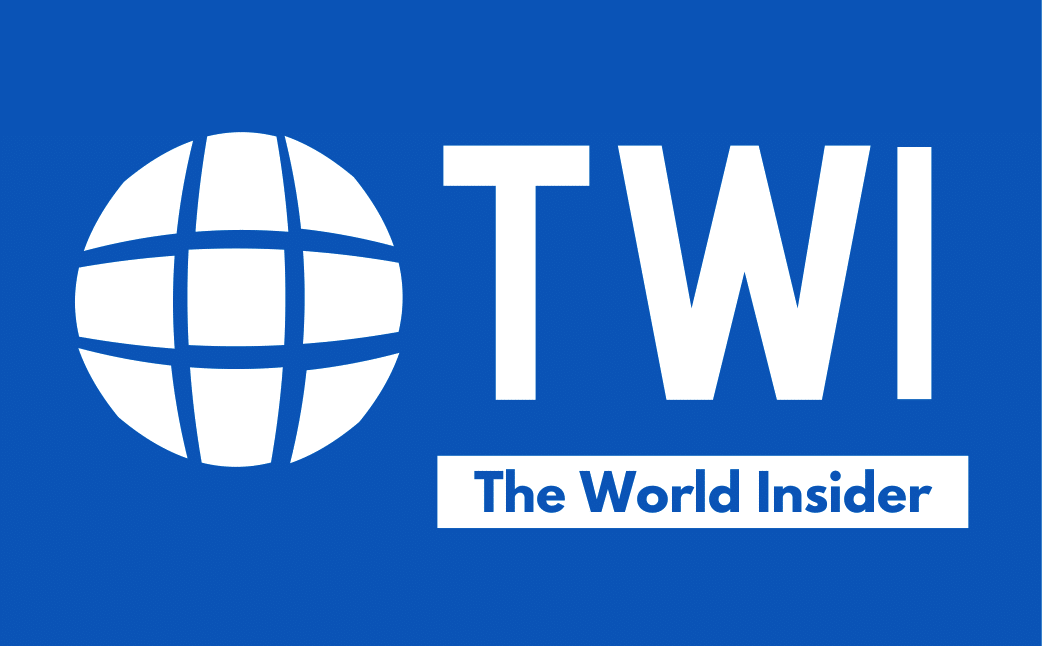NATO Secretary General Jens Stoltenberg met European Union Defence Ministers on November 16, 2021, to discuss NATO-EU cooperation, Ukraine, Russia and Belarus issues.
NATO Secretary General Stoltenberg highlighted that NATO fully stands with Poland and other allies affected by the Belarusian regime’s use of migrants as a hybrid tactic.
Stoltenberg said that NATO Allies will continue to closely monitor Russian forces build-up close to Ukraine’s border and provide political and practical support to Ukraine.
“NATO Allies as, for instance, United States, Canada, United Kingdom, also Turkey and other Allies, also European Allies provide support to Ukraine. And we do that because we support Ukraine’s territorial integrity and sovereignty. And we will, we are also in very close contact consultations with the Ukrainian leadership,” Secretary General Jens Stoltenberg said.
Stoltenberg also highlighted the strength of NATO-EU cooperation and said that it could expand to include new areas of cooperation in the future, such as “resilience, emerging and disruptive technologies, and the security impact of climate change”.
“NATO welcomes EU efforts on defence. And any meaningful effort by European Allies on defence requires more spending. NATO is the organization that has really put a need to increase defence spending on top of our agenda. We made the decision at the NATO Summit in 2014 when we called on all Allies to invest more. And the good news is that European Allies are now investing more,” Stoltenberg added.
Secretary General Stoltenberg also spoke with Ukrainian President Zelenskiy and held a meeting with Ukraine’s Foreign Minister Kuleba on November 15. During the meeting, Stoltenberg assured NATO’s commitment to work closely with Ukraine and provide political and practical support.
In recent months, NATO partners have implemented “the biggest reinforcements” of collective defence since the end of the Cold War and increased military presence in the Eastern part of the NATO Alliance. NATO countries have also increased their presence in the Black Sea region with an emphasis on strengthening the readiness of forces and deployed battle groups in the Baltic countries.




